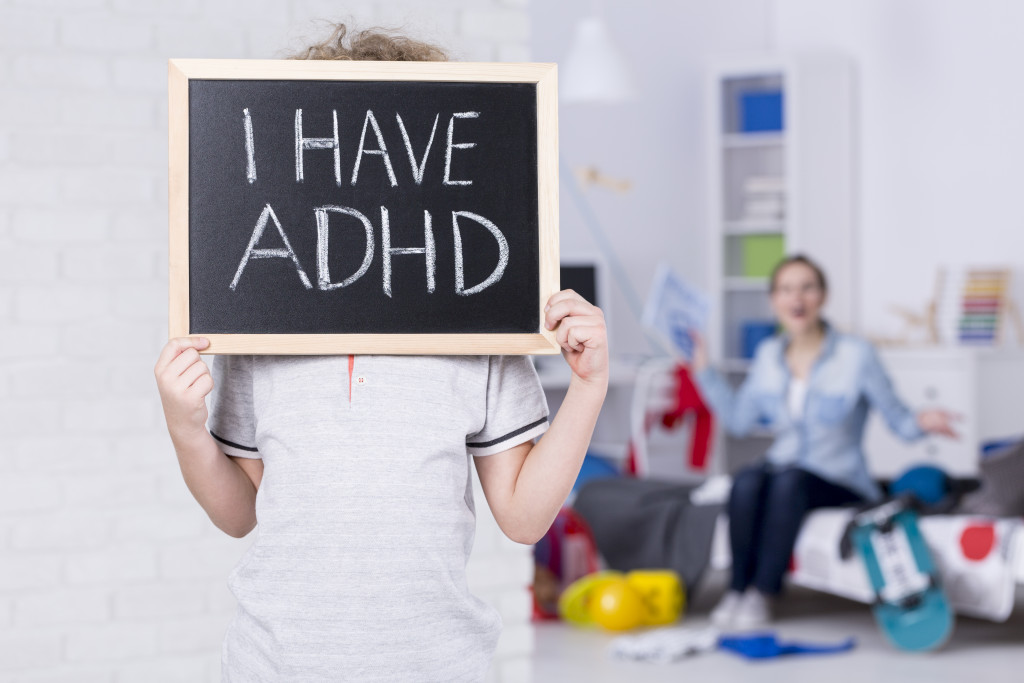- Establish structured routines, utilize organizational tools, and create an environment conducive to productivity.
- Implement effective communication strategies and build a supportive network.
- Seek support from ADHD specialists who can provide accurate diagnosis and treatment options.
- Incorporate natural lighting and comfortable seating into your workspace for optimal productivity.
- Track progress and set realistic goals to stay motivated.
Managing and dealing with Attention-Deficit/Hyperactivity Disorder (ADHD) can be a challenging but manageable journey. Whether you are an individual with ADHD or a parent of a child with ADHD, it’s important to develop effective strategies to navigate the unique challenges associated with this condition. This guide will explore five essential tips to help you effectively manage and deal with ADHD. From creating structured routines to utilizing organizational tools and seeking professional support, these tips will empower you to thrive with ADHD.
1. Establish Structured Routines
Creating structured routines is crucial for individuals with ADHD. This is because it can provide safety and predictability in chaotic environments. By creating structured routines, individuals with ADHD can better manage their symptoms and environment.
Here’s how to establish structured routines:
Get Organized
Having an organized daily plan is essential for managing ADHD symptoms. Start by setting up a schedule that outlines specific tasks, activities, and rest and relaxation times. Break down larger tasks into smaller steps to help ensure you stay focused on completing the task quickly and efficiently. Additionally, ensure you build in regular breaks throughout the day — walking outside or doing light stretching can help improve focus and concentration.
Make Your Environment Conducive to Productivity
Creating an environment conducive to productivity can be beneficial when dealing with ADHD symptoms. Remove any distractions from your workspace, like phones, TVs, and other electronics, that may cause you to lose focus. Ensure you have all the necessary supplies like pens, paper, and other materials to quickly and efficiently complete tasks. Be sure to incorporate natural lighting and comfortable seating into your workspace for optimal productivity.
Track Your Progress
Tracking your progress is a great way to stay motivated and on track with your goals. Keep a detailed log of what tasks you must accomplish each day and any progress you make. This will help you stay focused and increase your chances of completing projects promptly. Additionally, seeing your successes written down can be very encouraging when tackling future tasks.
Set Realistic Expectations
It’s important to set realistic expectations for yourself when dealing with ADHD symptoms. Break down larger tasks into smaller, more manageable steps and give yourself a timeline for completing each. Don’t be too hard on yourself if you don’t meet your expectations immediately–adjusting to the new routine may take some time. Add extra time for breaks throughout the day to stay motivated and focused on the task.
2. Utilize Organizational Tools

ADHD often comes with challenges related to organization and time management. Utilize organizational tools to stay on top of tasks and deadlines. Digital calendars, task management apps, and reminder systems can help you keep track of important appointments, assignments, and deadlines. Break tasks into smaller, manageable chunks and prioritize them based on urgency and importance. Use checklists and visual aids to enhance organization and maintain focus.
3. Implement Effective Communication Strategies
Clear and effective communication is essential when dealing with ADHD. Communicate openly with family members, friends, and colleagues about your ADHD and its impact on your daily life. Share your strengths, challenges, and preferred strategies for collaboration and communication. Encourage open and honest dialogue, allowing others to understand your needs and offer support when necessary.
4. Seek Support from ADHD Specialists
Finding an ADHD specialist can make a significant difference in managing ADHD effectively. Consult with a qualified healthcare professional or psychiatrist who specializes in ADHD. They can provide an accurate diagnosis, offer personalized treatment options, and provide ongoing support and guidance. Collaborate with the specialist to develop a comprehensive treatment plan that may include medication, therapy, and lifestyle adjustments.
5. Build a Supportive Network

Surrounding yourself with a supportive network is essential for managing ADHD. Seek support from family members, friends, or support groups who understand and empathize with your challenges. Join ADHD support groups or online communities to connect with individuals who share similar experiences. Sharing tips, strategies, and successes with others can provide a sense of belonging and inspire new ideas for managing ADHD.
Final Words
Managing and dealing with ADHD requires a multifaceted approach that includes structured routines, organizational tools, effective communication strategies, support from ADHD specialists, and a supportive network. By implementing these tips, you can develop effective strategies to thrive with ADHD and lead a fulfilling and successful life. Everyone’s journey with ADHD is unique, so it’s important to tailor these strategies to your needs and seek professional guidance when necessary.


